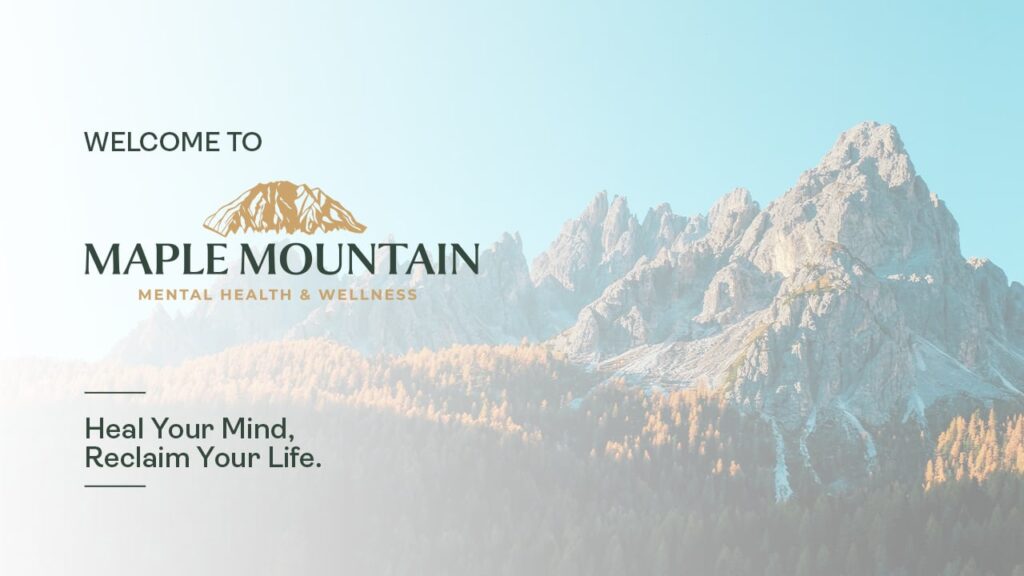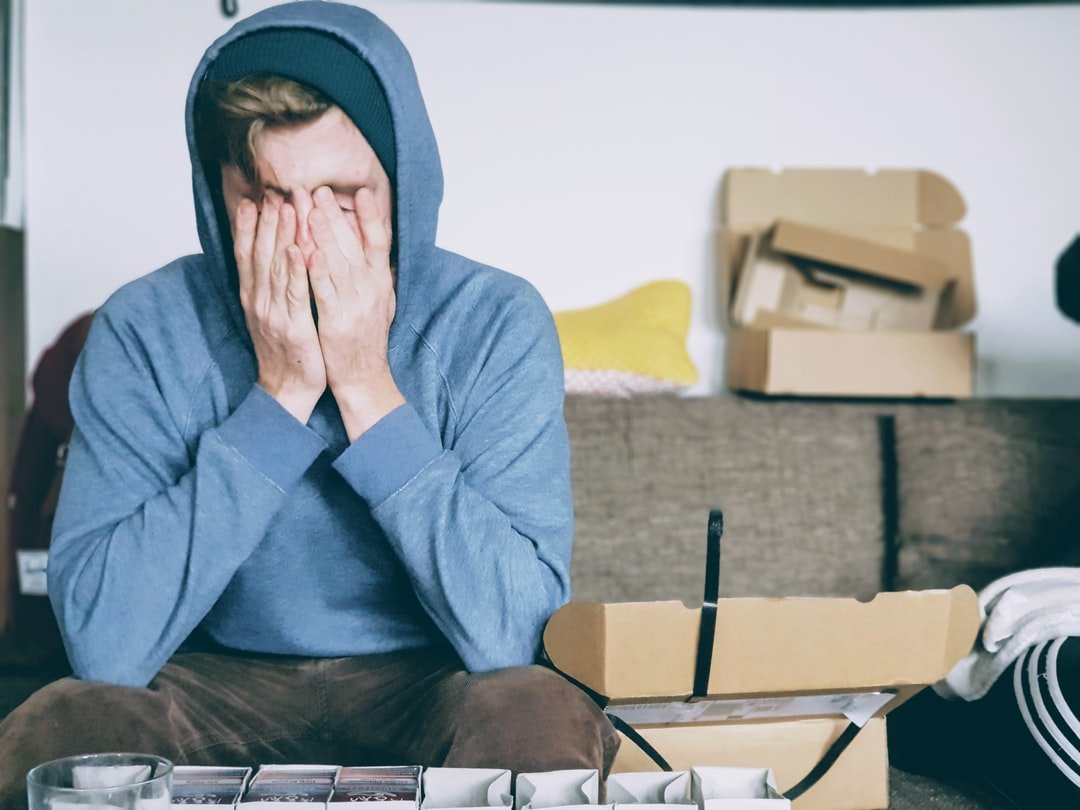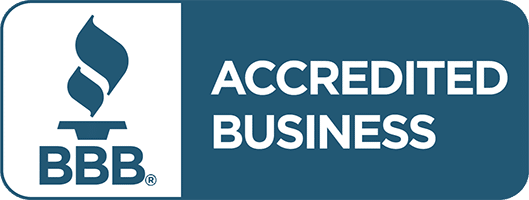



Recovery is an ongoing journey that continues throughout your life. Completing an addiction treatment program is an accomplishment. Still, it is just the beginning of a lifetime of new and healthy choices to achieve long-term recovery. Triggers for addictive behavior come from many outside factors. So it is crucial to find ways to avoid relapse and reduce the stress that would take you off course from the process you have already made in recovery.
A craving is a physical sensation we feel when we want something. The brain creates internal triggers because it wants us to get the positive feelings we need. When we deal with a stressful situation where our needs are unmet, our brains create an intense craving to solve this problem. These cravings can be powerful and challenging to resist. Understanding this vulnerability to desires is essential, as to how they work and why people have them.
If you know what causes cravings and relapse triggers and how to manage them, you are prepared to deal with those that come at you daily.

Family Problems: Family members who have struggled with substance use disorders and drug addiction often have their struggles. Stresses like job loss, divorce, death, illness, etc., may remain external triggers. These additional family challenges can trigger addictive behaviors and lead to relapses.
Relationship Issues: Relationship problems can cause both partners to become stressed and anxious. The negative emotion often leads to alcohol triggers and drug cravings, worsening things.
Work Pressure: Work pressure can increase if you do not have enough money to pay bills, meet deadlines, or provide for your family. Work pressure triggers are frequent at certain times if you constantly work overtime and miss meals and sleep.
Social Situations: Social situations and family gatherings such as parties, weddings, funerals, holidays, vacations, birthdays, graduations, and celebrations can trigger alcohol and drug use. Surrounded by social drinking, you might crave alcohol and get drunk at these events even though you did not plan to drink.
Financial Difficulties: Financial problems can cause stress and anxiety. These negative feelings can lead to increased alcohol cravings and cravings for drugs.
Physical Stressors: People often use drugs and alcohol to cope with pain and discomfort.
Emotional Stressors / Depression: Emotional stress can result in a negative emotional relapse of sadness, anger, loneliness, fear, guilt, unloved, and more. People who suffer from depression often self-medicate with substances when in dynamic situations.
Unhealthy Habits: Unhealthy habits and negative behaviors in daily routines, such as smoking, overeating junk food, overeating, excessive exercise, and lack of sleep, can contribute to emotional and physical health problems.
Stressful Life Events: Sometimes, life happens, and we experience adverse events. We can react to these events by using substances to numb ourselves.
The first step in managing your internal triggers and reducing the external stimuli that create a mental relapse is identifying what you need. Once you recognize what you need, you can develop a treatment plan of strategies to meet those needs. A well-designed treatment plan can help you better avoid relapse and reduce stress.
Cognitive Behavioral Therapy can be influential in dealing with triggers and cravings. CBT helps individuals learn new ways to think about situations, emotions, and thoughts that make them vulnerable to relapse. CBT therapy teaches you to change your thinking patterns and replace negative beliefs with more realistic ones.
The more you know what causes your triggers, the better you can avoid them. And if you cannot prevent them altogether, at least you can be aware of what is going on in your body to have action plans to avoid relapse and reduce stress as best you can.
1. Evaluate your stress level – Use mindfulness techniques to recognize and evaluate your perceived stress. Are you experiencing physical symptoms, non-normal feelings, or adverse behaviors? Do you feel you cannot handle this situation?
2. Take Care Of Yourself – Take care of yourself physically and mentally with healthy behaviors. Ensuring not to neglect your own needs is essential. It begins with eating well, resting, and practicing good hygiene.
3. Get Support – If you struggle with substance abuse or alcohol addiction triggers, seek help from professionals who understand your struggles. Find support groups, AA Recovery Group Meetings, counseling services, a recovery coach, and other resources for addiction recovery and the recovery process.
4. Manage Your Environment – To reduce tempting situations and potential triggers for addictive problems. Keep your home clean and organized. Avoid places where you may encounter triggers.
5. Take Steps To Reduce The External Trigger – Identify the external triggers causing your craving or relapse. What places, activities, or people are associated with past addictive substance use? Those are responsible for sending subconscious cues trying to reinforce the cravings. You can avoid relapse and reduce stress once you know the external triggers and behavioral cravings. For example, if you crave alcohol after watching television, stop watching tv and replace it with another way to unwind.
Please call 911 if you are experiencing a medical emergency or call our admissions department for support at (801) 499-9316
Don’t wait for tomorrow to start the journey of recovery. Make that call today and take back control of your life!
Discover wellness at Maple Mountain, where personalized mental health care meets compassionate support. Our evidence-based practices and comprehensive services aim to empower you on your journey to resilience and balance. Take the first step toward a healthier you.


Transforming lives through holistic treatment. Unique therapies, specialized care. Take the first step towards wellness today.
All calls are 100% free and confidential
